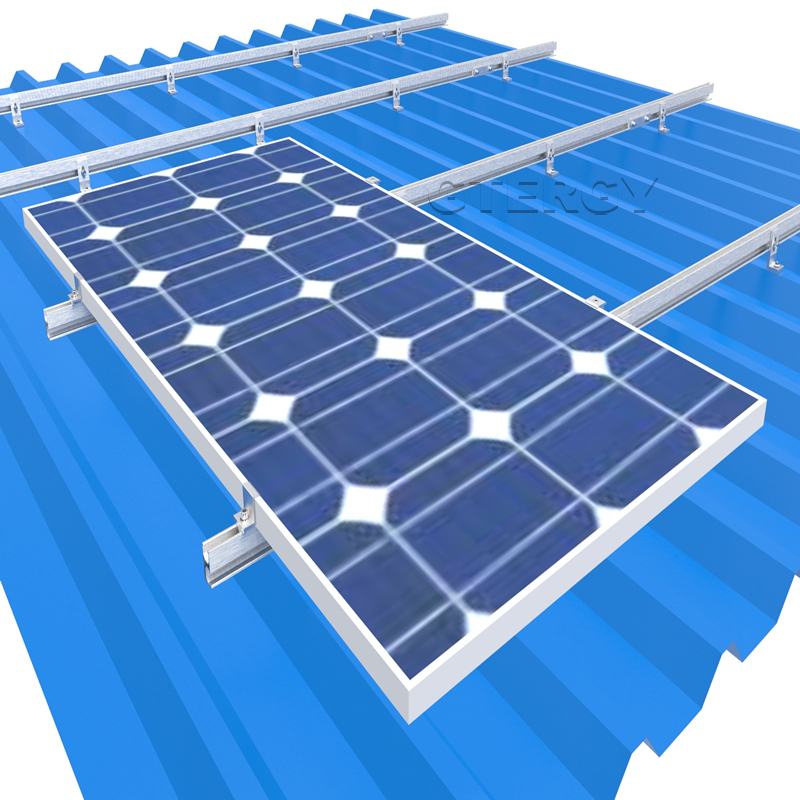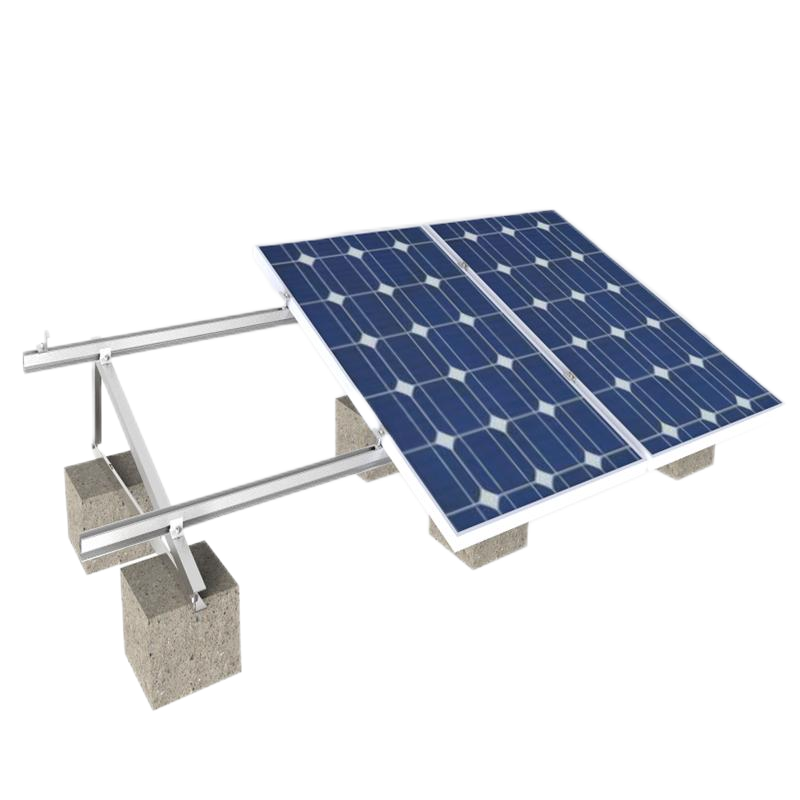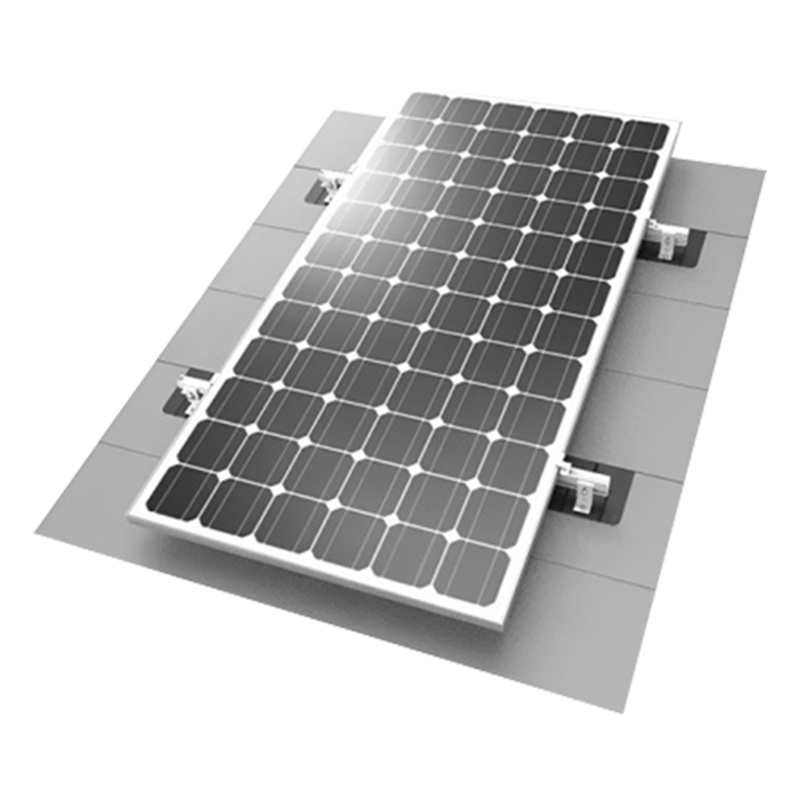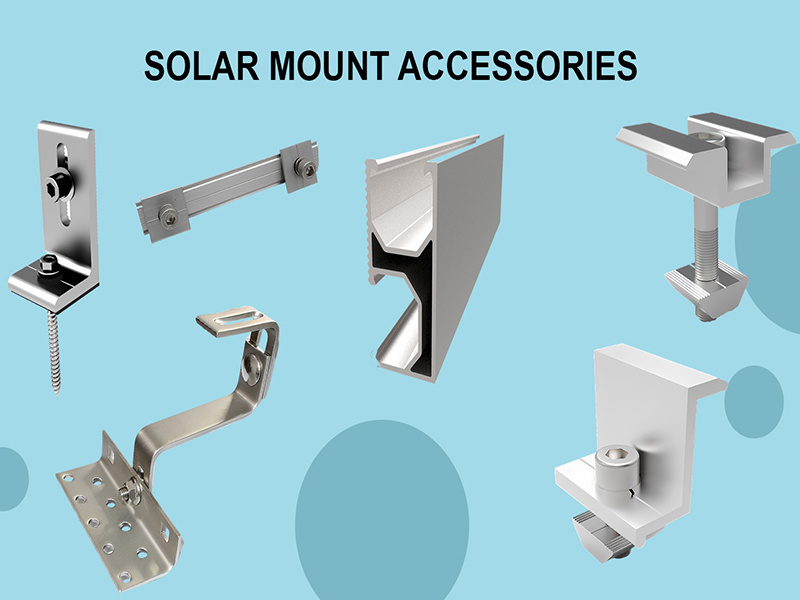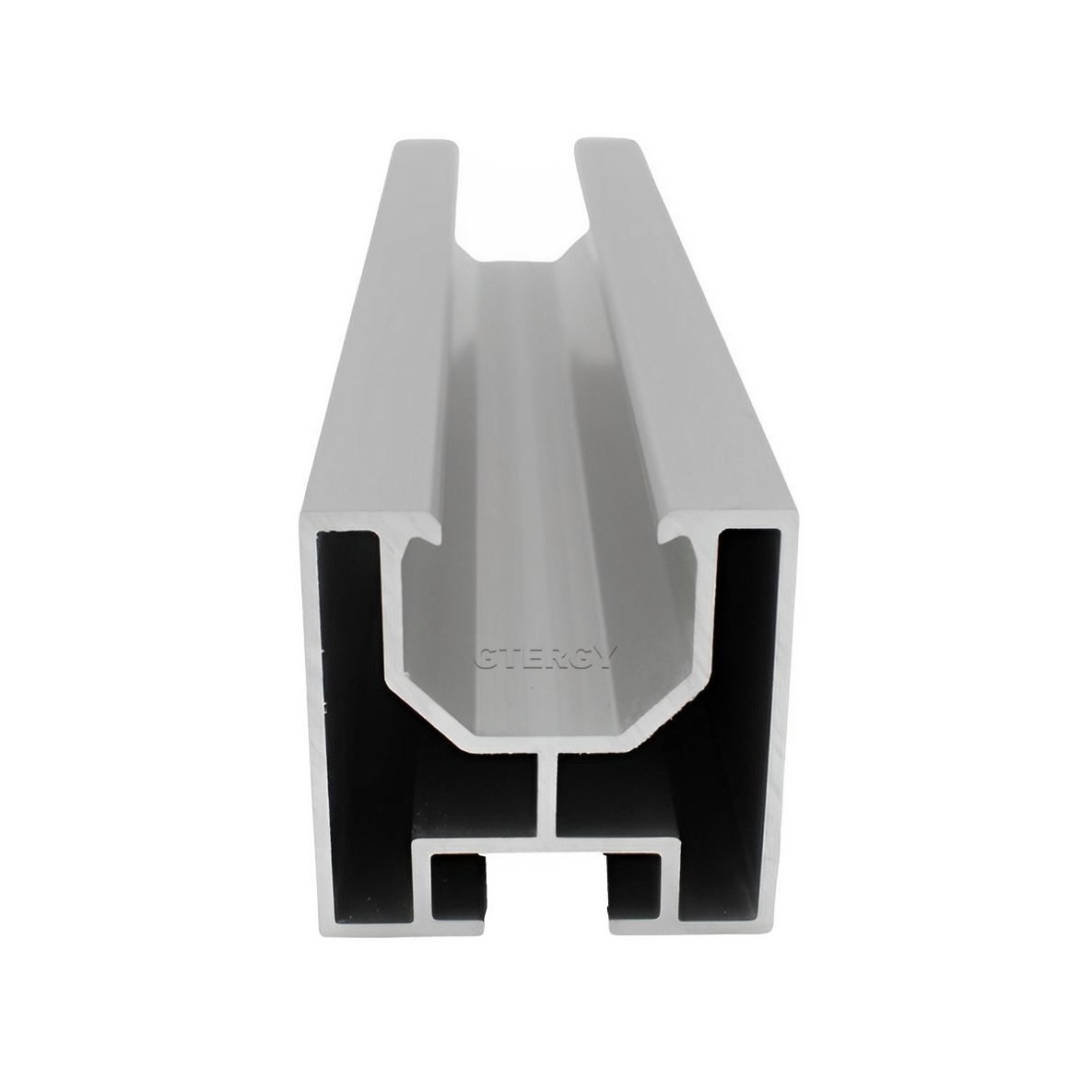The Essential Role of Solar Panel Aluminium Rails in Photovoltaic Systems
2025-08-09
Solar energy continues to gain traction as a sustainable energy solution, and at the heart of this technology are various components that work together to harness solar power effectively. One of these critical components is the solar panel aluminium rail. These rails serve as the backbone for the mounting systems that support solar panels, playing a vital role in the efficiency and longevity of photovoltaic systems.
Aluminium is a popular choice for solar panel rails due to its lightweight nature and excellent corrosion resistance. This means that the rails can withstand harsh weather conditions, such as heavy rain, snow, and high winds, without succumbing to rust or degradation. The durability of aluminium ensures that solar panels remain securely mounted for years, providing reliable energy generation throughout their operational life.
The design of solar panel aluminium rails is also crucial for the overall efficiency of solar installations. Properly designed rails can facilitate optimal panel placement, allowing for better sunlight exposure and energy capture. Additionally, the rails assist in managing the thermal expansion of the panels, which can occur with temperature fluctuations. By accommodating this expansion, aluminium rails help maintain the structural integrity of the system, preventing potential damage that could arise from thermal stress.
Installation is another area where solar panel aluminium rails demonstrate their advantages. The lightweight nature of aluminium makes transportation and handling significantly easier, reducing labor costs and installation time. Furthermore, many modern solar mounting systems incorporate pre-assembled components, streamlining the installation process and ensuring that the system is set up quickly and efficiently.
Moreover, solar panel aluminium rails can be customized to fit different types of solar panels and installation configurations. Whether it's a ground-mounted system or a rooftop solar array, these rails can be tailored to meet specific project requirements. This flexibility is essential for adapting to various geographic and climatic conditions, ensuring that the solar energy system operates at peak performance.
In addition to these practical benefits, aluminium rails contribute to the overall sustainability of solar power systems. The use of recyclable materials in their production reduces the environmental impact, reinforcing the eco-friendly nature of solar energy solutions.
In summary, solar panel aluminium rails are a critical component of photovoltaic systems, ensuring durability, efficiency, and ease of installation. Their lightweight and corrosion-resistant characteristics make them an ideal choice for solar mounting systems, while their customizable nature allows for versatile applications across different installation environments. Understanding the importance of these rails can help industry professionals make informed decisions when designing and implementing solar energy projects, ultimately contributing to a more sustainable future.
Aluminium is a popular choice for solar panel rails due to its lightweight nature and excellent corrosion resistance. This means that the rails can withstand harsh weather conditions, such as heavy rain, snow, and high winds, without succumbing to rust or degradation. The durability of aluminium ensures that solar panels remain securely mounted for years, providing reliable energy generation throughout their operational life.
The design of solar panel aluminium rails is also crucial for the overall efficiency of solar installations. Properly designed rails can facilitate optimal panel placement, allowing for better sunlight exposure and energy capture. Additionally, the rails assist in managing the thermal expansion of the panels, which can occur with temperature fluctuations. By accommodating this expansion, aluminium rails help maintain the structural integrity of the system, preventing potential damage that could arise from thermal stress.
Installation is another area where solar panel aluminium rails demonstrate their advantages. The lightweight nature of aluminium makes transportation and handling significantly easier, reducing labor costs and installation time. Furthermore, many modern solar mounting systems incorporate pre-assembled components, streamlining the installation process and ensuring that the system is set up quickly and efficiently.
Moreover, solar panel aluminium rails can be customized to fit different types of solar panels and installation configurations. Whether it's a ground-mounted system or a rooftop solar array, these rails can be tailored to meet specific project requirements. This flexibility is essential for adapting to various geographic and climatic conditions, ensuring that the solar energy system operates at peak performance.
In addition to these practical benefits, aluminium rails contribute to the overall sustainability of solar power systems. The use of recyclable materials in their production reduces the environmental impact, reinforcing the eco-friendly nature of solar energy solutions.
In summary, solar panel aluminium rails are a critical component of photovoltaic systems, ensuring durability, efficiency, and ease of installation. Their lightweight and corrosion-resistant characteristics make them an ideal choice for solar mounting systems, while their customizable nature allows for versatile applications across different installation environments. Understanding the importance of these rails can help industry professionals make informed decisions when designing and implementing solar energy projects, ultimately contributing to a more sustainable future.
Related Information



